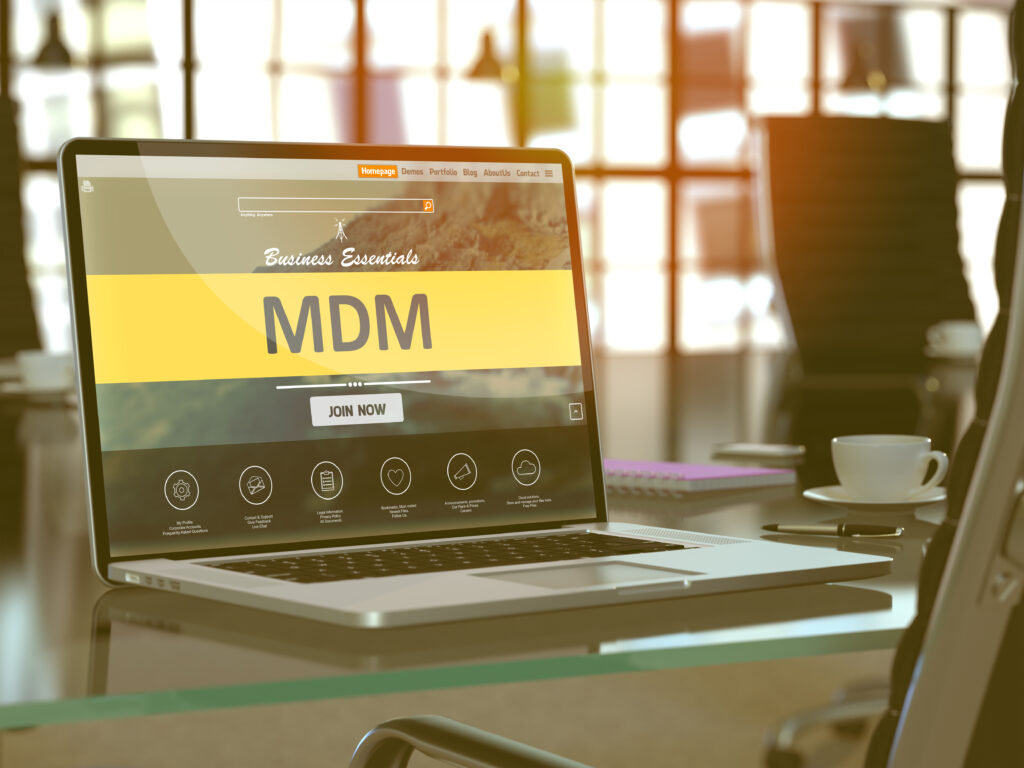
Facebook changed their name to Meta Platforms in 2021 to underscore its focus on the Metaverse, investing $100+ billions of dollars in preparing for the next big wave. Their investment in the Metaverse in 2023 alone will amount to almost $20 billion.
According to Forbes by 2024, the metaverse is predicted to grow into a $783.3 billion market, presenting both opportunities and challenges for organisations and how they address a new customer engagement strategy.
A new channel to reach your target audience
Futurists predict that the Metaverse will become mainstream within just a few years and in a recent report by Copenhagen Institute for Future Studies, 72 Metaverse experts predict that by 2030 the average consumer will spend 5.6 hours per day in the Metaverse and that having a presence in the Metaverse will be just as important as having a homepage for commercial brands.

If you think this sounds like a stretch, just think back to 1989 (if you’re old enough to remember). That year the blockbuster movie “Back to the Future Part II” was released.
The movie made a series of technological predictions about the year 2015: Video conferencing on flat screen monitors, tablets, mobile payments, video glasses, waste fueled cars and much more (we will forgive them for still having phone booths in the movie).
To most of the movie goers in 1989, these were all just entertaining gimmicks that served as a backdrop to Marty McFly’s wild adventures across space and time.
But unbeknownst to most of these movie goers, the Internet would become mainstream just a few years later, changing the World and paving the way for many of these implausible gadgets.
According to Forrester and their State of the Metaverse report, there are opportunities across all industry sectors to build out Metaverse capabilities. While early adoption among consumers is likely to come from gamers and those who are active on social media platforms, mainstream adoption will be following soon after.
It’s not yet clear what shape or form the Metaverse will take once it transcends from the gaming world into more mainstream areas and it might be difficult to figure out what to believe and where to start, but what if we boiled it down to this:
Within the next few years, browsing the Internet will become a whole new experience and online consumer behavior and engagement will change radically. Companies who are prepared for this could win big and companies still kicking tires could be left in the dust.

An omnichannel marketing experience
Brands globally continue to focus on how to provide their end-consumers with a seamless and consistent customer experience across multiple touchpoints and channels.
Today omnichannel encompasses in-store, online, web, mobile, email, social media, and more. The Metaverse adds to the capabilities of an organisation to reach consumers by taking them into a world of immersive experiences, across virtual reality (VR) and augmented reality (AR).
People (customers/consumers) will be able to engage with digital content in completely new ways. They will visit your digital store - within the Metaverse or not - and will expect that they can get an immersive experience of trying your products before they buy.
“Does my ass look big in these jeans?” or “Would that sofa fit in our living room and how would it look?” are questions that some online retailers are already trying to address, but expect that this will spread to many more areas and types of products and become increasingly more sophisticated.
Maybe they will expect that they can easily - maybe even visually - follow your products’ journey from origin and through the production processes and supply chain to make sure it's climate-friendly and sustainable.
But how should companies prepare for these imminent changes?
If you look under the hood of all the exciting technologies that will make up the front-end of the Metaverse, there is a big need for a very strong master data foundation.
What is a master data foundation?
A master data foundation refers to the underlying infrastructure and systems that support the collection, storage, and management of master data within an organisation.
It brings together all the various technologies, processes, and policies that ensure the accuracy, completeness, and accessibility of data, as well as the governance and security measures in place to protect the data.
A solid master data foundation enables an organisation to leverage their data assets effectively, and make informed business decisions based on data-driven insights.

The role of Master Data Management (MDM)
Most large companies have invested in Master Data Management (MDM) solutions in recent years to achieve a single source of truth about their products, customers etc. This is an imperative in today’s fast moving 24/7 world.
But are the MDM implementations of today ready for the next wave of requirements for supporting immersive experiences for customers?
Each implementation of an MDM system was made with whatever the requirements at the time were. That’s fair enough, because the investment addresses those immediate pains of not having access to good data in the organisation.
But, maybe now is the time to focus five to seven years ahead into the future. Creating a vision of how your company will be ready to welcome customers that interact with your company in the Metaverse.
If the goal is for customers to be able to simulate use of your products in their own environment under many different conditions, what types of data and references to other data objects would your Master Data Management system need to have implemented by then?
Would you need to introduce new data objects in your data model and integrate new sources in order to prepare your company for these new requirements? How many data points would need to be available in the back-end for a fully immersive digital interaction with each of your products?

How can STEP help?
If you believe in the experts’ predictions for 2030 or if you just believe that the requirements for the data you will be expected to deliver will continue to grow, now is the best time to get ready for the future.
If you run your MDM solution on Stibo STEP from Stibo Systems, you should be well covered for what is to come. This is a highly scalable master data platform that is based on configuration rather than coding, which means that it is very easy to extend the data model to support new data types and even complex relationships between objects.
Several of Stibo’s customers selling highly configurable products are already using the platform to support complex configuration engines that allow their customers to simulate their use of the products in order to find just the right combination of products for their project.
These types of configuration engines will likely become common in order to support the multitude of ways and variations that customers are likely to engage with your products in the Metaverse.
At Unit of Measure we have 20+ years of experience in helping organisations maximise their investment in the Stibo STEP master data platform.
If you are interested in learning more about how you can prepare your organisation’s master data for the future, please book a free discovery meeting.